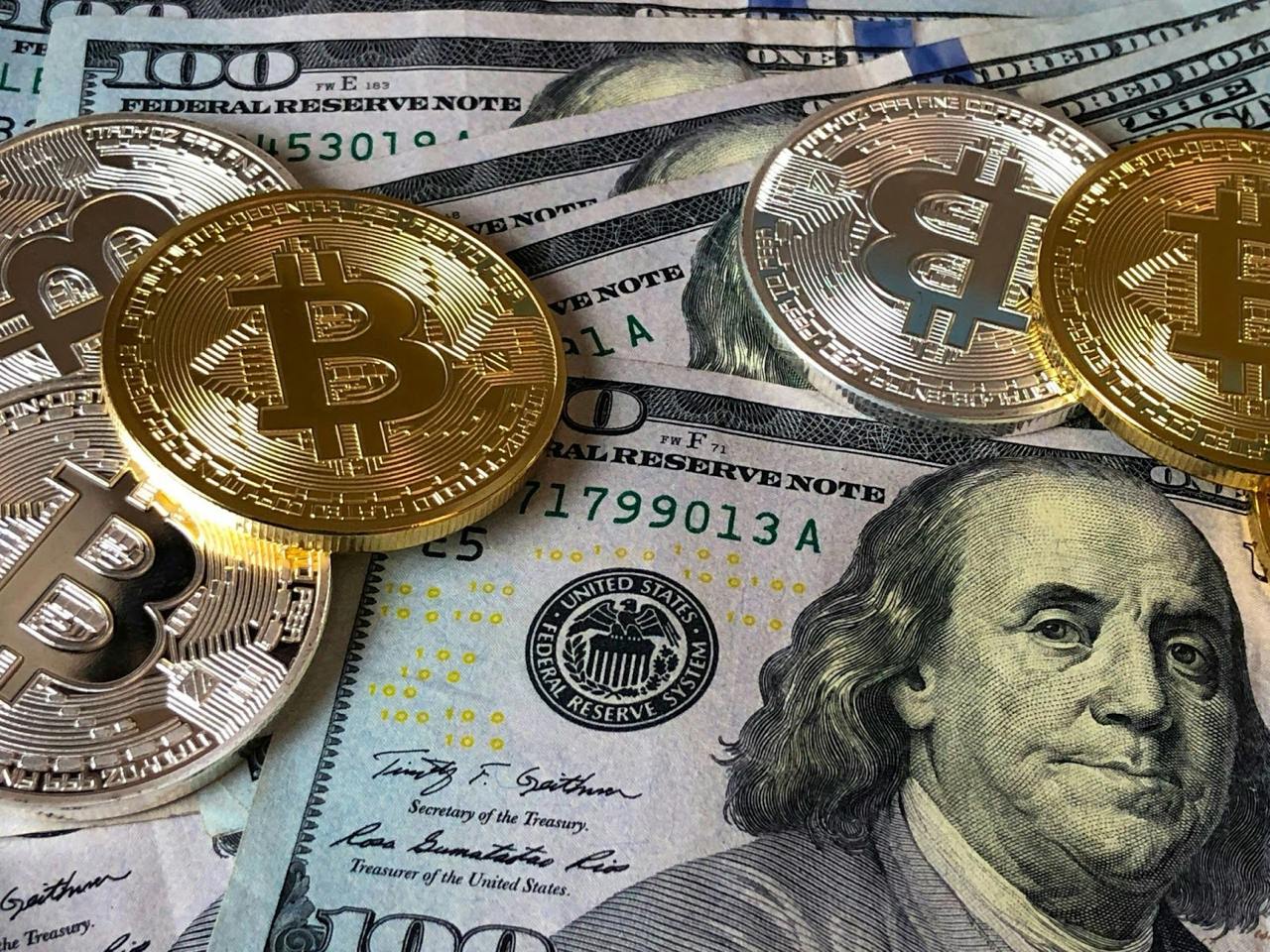Coindoo
2w
218

Image Credit: Coindoo
3 of the Biggest Differences Between Bitcoin and the U.S. Dollar
- Bitcoin has a fixed supply cap of 21 million coins, unlike the U.S. dollar which has no fixed supply limit and is susceptible to inflation.
- Bitcoin's decentralized governance contrasts with the dollar's central bank management, allowing for transparent decision-making processes.
- Trust in the U.S. dollar is rooted in institutional factors, while Bitcoin's trust model is based on cryptographic transparency.
- Bitcoin's transparency, fixed supply, and decentralized governance make it an attractive financial alternative in the digital age.
- Bitcoin operates with a fixed supply cap of 21 million coins, making it resistant to inflation.
- Bitcoin's governance is decentralized compared to the dollar's central bank management.
- Trust in the dollar is institutional, while trust in Bitcoin is based on cryptographic transparency.
- Bitcoin's features make it an appealing option for those seeking financial independence.
- Bitcoin's fixed supply cap contrasts with the U.S. dollar's lack of a fixed supply limit and susceptibility to inflation.
- Bitcoin's decentralized governance ensures transparency and consensus in decision-making.
- Bitcoin's trust model is based on cryptographic transparency, allowing for verification of all transactions on a public blockchain.
- Bitcoin's attributes position it as a significant financial alternative to traditional fiat currencies.
- Bitcoin's fixed supply cap provides resistance to inflation, unlike the U.S. dollar.
- The decentralized governance of Bitcoin enables transparent and consensus-driven decision-making processes.
- The trust in the U.S. dollar relies on institutional factors, while trust in Bitcoin is rooted in cryptographic transparency.
- The differences between Bitcoin and the U.S. dollar highlight Bitcoin's appeal as a financial alternative in the digital era.
Read Full Article
13 Likes
For uninterrupted reading, download the app